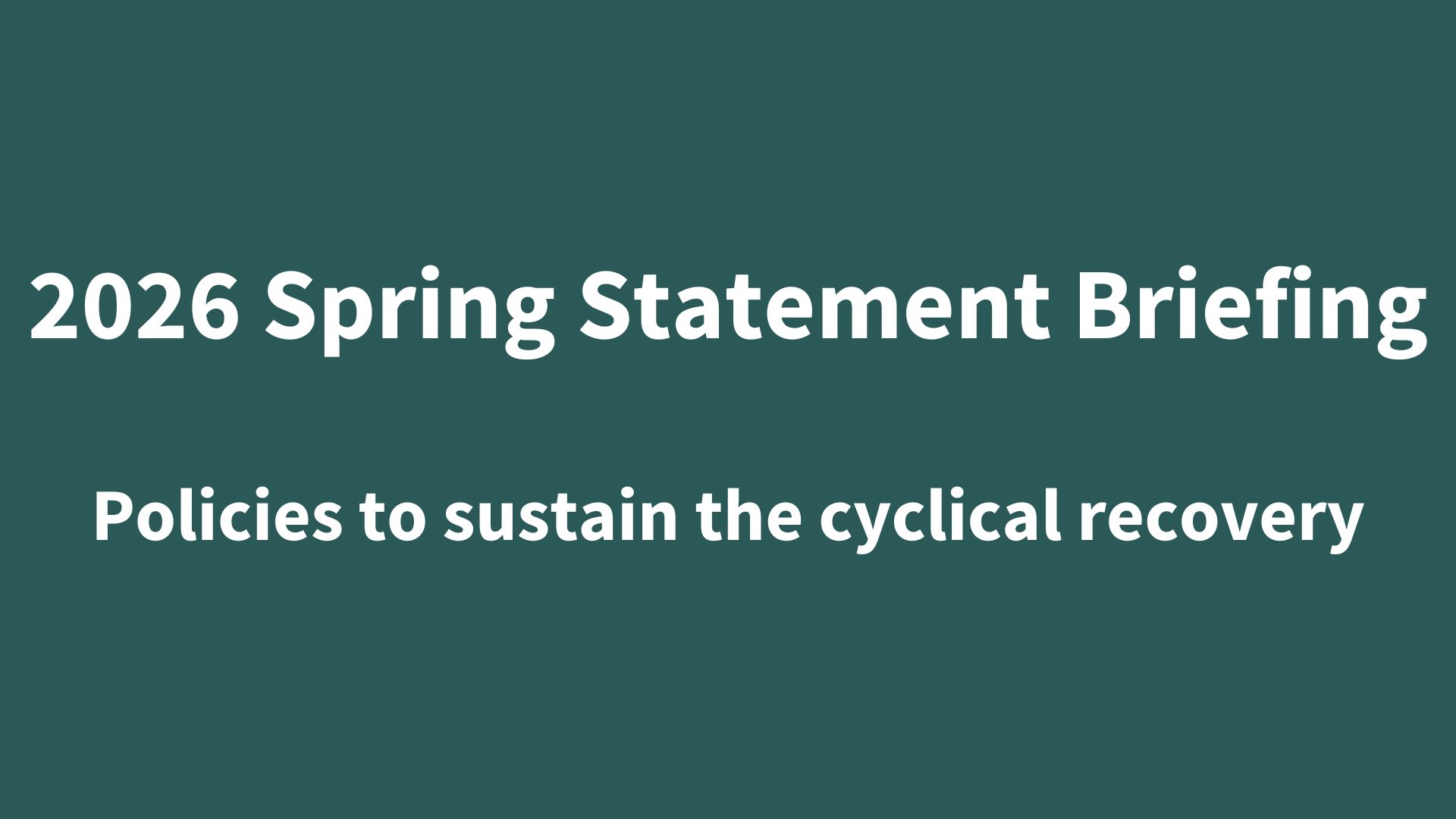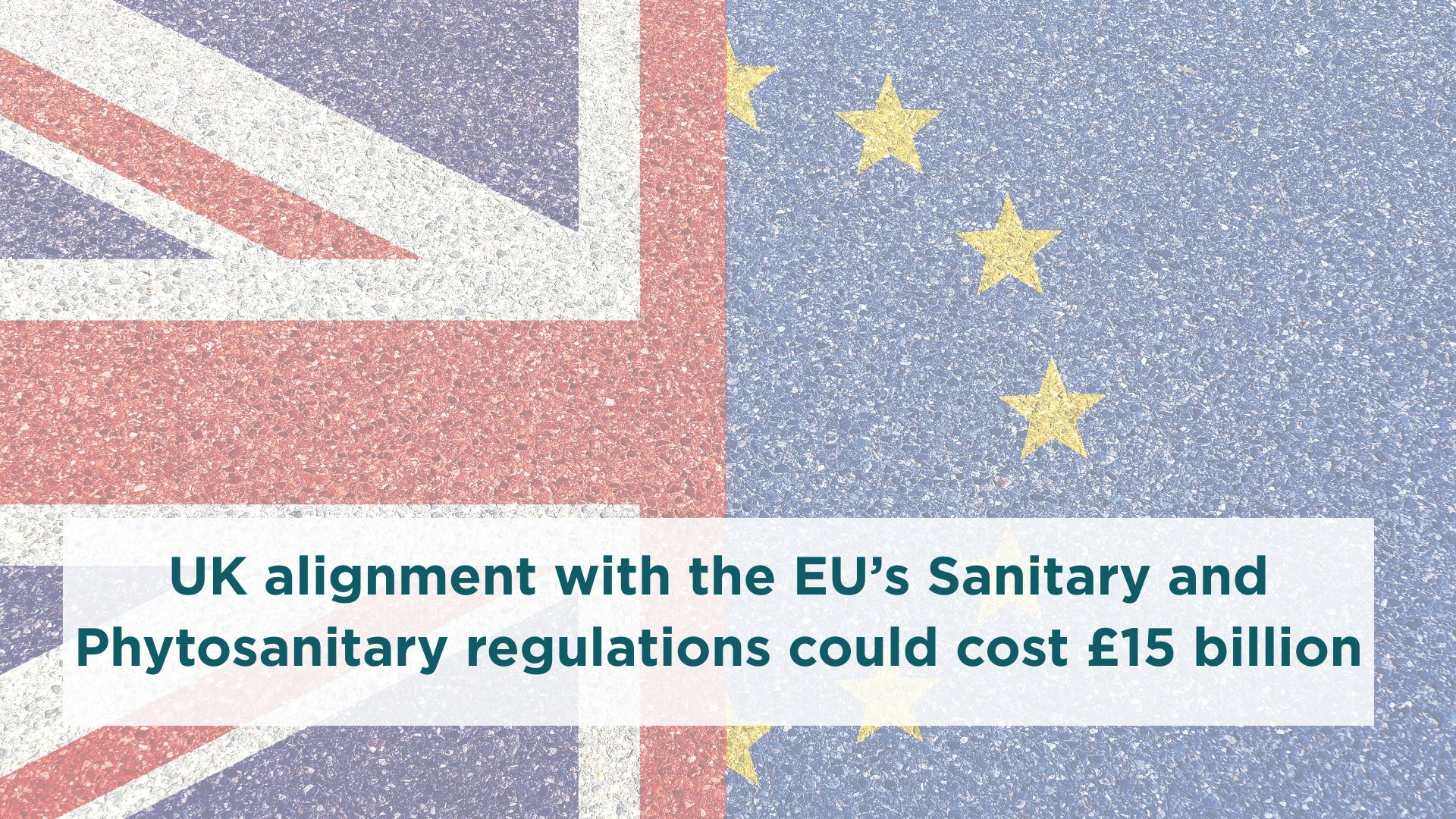
Growth Commission verdict on the Government’s Trade Strategy
Following the publication of the Government’s white paper, The UK’s Trade Strategy, at the end of last week, experts from The Growth Commission today give their verdict on what ministers have proposed in the 100-page document.
Shanker Singham, Chairman of The Growth Commission, asserts:
“There is much to be commended in the Trade Strategy white paper. Upgrading the Trade Remedies Authority to include ‘unfair’ (which we assume to mean anti-competitive) market distortions is something The Growth Commission has been advocating for some time. But with virtually everyone agreeing that China poses a national security risk to the UK and others, the paper misses an important opportunity by failing to focus on China’s many market distortions which damage trade but do not necessarily have national security implications.
“Most troubling is how the document does not seem to recognise the powerful interconnections between the UK’s EU trade strategy and its global independent trade policy. The negative impacts of aligning to the EU in areas like Sanitary and Phytosanitary regulation and carbon border adjustment (including alignment with the Emissions Trading Scheme) with regard to the U.S. and other parties (including the impact of this on CPTPP partners) are not even mentioned. These are difficult questions where choices do need to be made.
“While the paper rightly notes that a choice between the U.S., EU and China is a false one, it does not discuss the real choice in international trade right now which is regulatory competition with equivalence and recognition, versus regulatory harmonisation along the lines of the EU. The revealed preference of the Government, based on its EU reset, is to go for the latter, which is incompatible with the deeper relationship it seeks from the U.S., or indeed as a leading voice in the CPTPP.”
Stephen J. Entin, Growth Commission member and a Senior Fellow Emeritus at the Tax Foundation, says:
“A growth strategy requires more than a laudable push for freer trade; it must lower tax and regulatory barriers to production. This should include adoption of immediate expensing of equipment and faster write-off of the cost of plant, commercial and residential buildings. There should also be no increase in the corporate tax rate.
“Cheaper power is essential for competitive production in the global economy. The UK needs to scrap Net Zero carbon targets and utilise its low-cost natural gas and oil assets.
“Instead of picking winners and losers, it would be best to lower taxes and regulations for all economic actors and let the market decide the best way to expand output and employment. The maxim ‘government is best that governs least’ applies as strongly in the economic sphere as in the areas of morality and personal responsibility to which Thoreau first applied it.”
Alden Abbott, Growth Commission member and Senior Research Fellow at the Mercatus Center at George Mason University, observes:
“Robust economic growth requires a combination of free trade, strong property rights protection and a highly pro-competitive domestic regulatory regime. His Majesty’s Government needs to focus on all three elements, rather than just the first, if it truly wishes to deliver long-term prosperity for the British people.”
Srinivasa Rangan, Growth Commission member and Luksic Chair Professor of Global Studies at Babson College in Massachusetts, says:
“The United Kingdom has been at the forefront of promoting free trade ever since the abolition of the Corn Laws in the nineteenth century. So a trade strategy that promotes free trade is a welcome reiteration of an idea that is under stress. What is missing is any recognition of why an admirable principle like free trade is increasingly widely distrusted and what to do about it. This has happened because many people believe, correctly in some instances, that some countries are gaming the global trading system and reaping most of the benefits.
“Strategic trade policy by which a country subsidises and protects specific industries – especially ones that are in emerging technological areas, enabling national champions in those industries to become global leaders even as other countries follow more hands-off policies – is now the reality of the global system. Any trade policy worth its salt should clearly state that such anti-competitive market distortions are unacceptable and that counter-measures will be taken to deal with such beggar-thy-neighbour distortions, possibly in consort with other trading nations.”
James Carter, Growth Commission member and principal and policy director with Navigators Global, adds:
“This new trade strategy rightly prioritises economic growth. Lowering tariff and non-tariff trade barriers in the UK and abroad would help, but it won’t produce robust and sustained growth unless it is paired with aggressive deregulation, privatisation and reductions in government spending and taxes. While the UK has a new trade strategy, I fear it lacks an economic growth strategy.”
Barbara Bowie-Whitman, Growth Commission member and former Trade Policy Coordinator for the Western Hemisphere at the U.S. Department of State, says:
“This document is a comprehensive compendium without substantive solutions, failing as it does to address the underlying problems of UK lack of competitiveness and low productivity, although it does cover a panoply of potential approaches. This kitchen sink cornucopia fails to provide any plumbing to that sink: the plumbing would be domestic tax and regulatory measures to support UK competitiveness in world markets; but the Government’s industrial policy, which it claims supports its trade policy, fails to provide that plumbing.
“There are, however, several areas where there are positive points of emphasis to be welcomed, namely: UK exports being comprised in large part of services rather than goods, with services tending to offset trade deficits in goods; the suggestion that the UK will consider a broad range of trading agreements and structures – bilateral, multilateral, comprehensive and sectoral – to achieve greater success under changing trade dynamics; and the need to tackle trade-distorting practices.”


